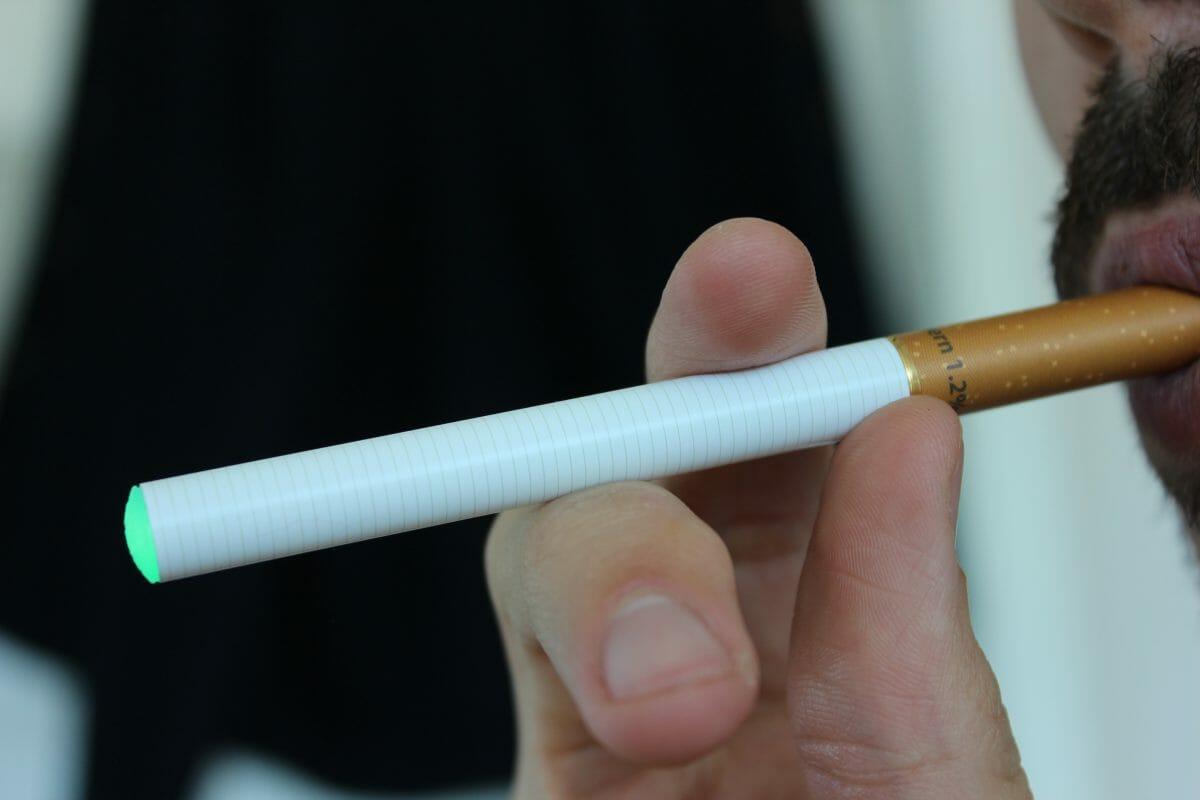Most hotels instill non-smoking policies or offer non-smoking rooms to maintain a healthy air quality and positive environment for all guests. But, vaping can be much harder for hotels to detect than smoking traditional cigarettes.
Despite being harder to detect, e-cigarette smoke and vapor can be detrimental to the health of hotel guests, even for those experiencing it secondhand.
How Hotels Detect Vape
Vape detectors have become increasingly popular in recent years for schools, hotels & resorts, public spaces, and even workplaces. These devices are equipped with sensors capable of detecting vape particulates in the air. This type of detection encourages its users to ditch the vape and e-cigarette products in areas that promote no-vape or non-smoking policies.
Protecting Against Secondhand Vape Smoke
A hotel vape detector protects guests and staff from the harmful effects of secondhand vape particulates. Vape and other e-cigarette products can emit secondhand aerosols containing harmful particles known to cause cancer, according to the American Nonsmokers’ Rights Foundation. Even secondhand exposure could be harmful for both hotel staff and guests using the same space or adjacent space to the vape or e-cigarette user.
Harmful effects of secondhand vape smoke create an unhealthy atmosphere within hotels. Because it can be hard to see, smell, and detect, users of vape and e-cigarette products may feel more confident to use them in hotel spaces than cigarette smokers. The implementation of vape detection within hotels could create a solution to this issue over time.
For guests with underlying health issues, secondhand vape could not only ruin a vacation but also trigger serious health issues that could impact them long-term. Staff with underlying health concerns are also vulnerable, especially as they need to go into the hotel rooms of vape users in order to do their job.
How Does the Detection Work?
Unlike a smoke alarm, vape detectors are a stealthy option for hotels. A vape detector can send notifications to the right staff, such as hotel managers, to help them identify the source of the vaping. This can be a highly effective investment for hotels determined to decrease the amount of vaping within their spaces.
Enforcing State Law and Hotel Policies
Hotels can provide a safer environment by informing their staff and guests of non-smoking policies and the detectors they use to enforce these policies. Some states have laws banning the use of marijuana and THC products from recreational use. In these cases, hotels could benefit from investing in vape detectors that can also distinguish THC. Vape detection that distinguishes THC can help hotel managers notify authorities in states where marijuana and THC use is outlawed.
Enforcing policies also creates a more welcoming environment for everyone. Guests and staff who do not use vape and e-cigarette products may find themselves trying to avoid places where vape particulates are prevalent. Using detectors to help curb this issue also encourages these guests and staff to feel more comfortable everywhere within the hotel.


